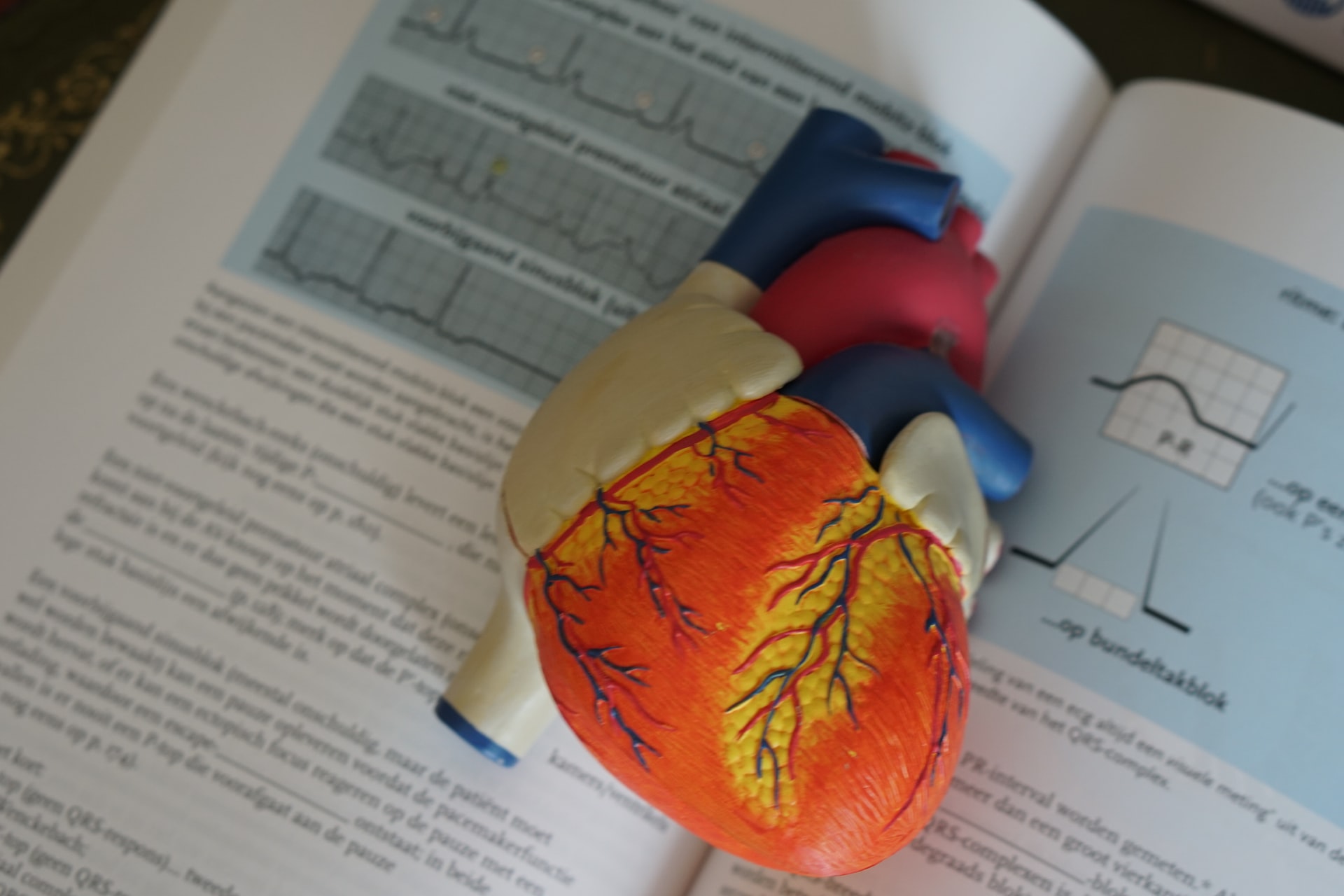Two Birds With One Stone: Heart Health And Your Cancer Treatment
Contributed by Ryan Peterson.

Considering their impact on the body, it’s hardly surprising that most physical complaints have some impact on our hearts. This is so much the case that even something as seemingly commonplace as a bout of the flu can increase our risks of having a heart attack by as much as six times. Those risks only escalate further when you consider heart health in light of more serious health issues like cancer.
Cancer draws our attention to the impacted part of the body which means signs or symptoms of the impact on heart health are overlooked. This historically leads to as many as 1 in 10 cancer patients dying not from their cancer itself, but secondary heart and blood vessel problems. The reasons for this do vary and depend a great deal on the type of cancer in question. For instance, neuroendocrine tumors can, by their very nature, cause a rare kind of heart disease known as carcinoid syndrome due to the secretions when located in the gastrointestinal tract or lungs. Far more commonly, however, links between heart disease and cancer tend to come down to the treatments offered.
Treatments including chemotherapy and radiation can be necessary in differing amounts for cancer survival and lengthened lifespans. However, experts have long noted links between these treatments and possible heart damage, especially during treatments for breast, prostate, or bladder cancer. It’s for this reason doctors test heart function before treatment. Even patients with healthy hearts are at increased risk during extreme treatment courses. It is beneficial for cancer patients to ensure their heart is as healthy as possible throughout cancer treatment using the following methods.
# 1 – Know the risks

As is the case with any health complaint, knowing the potential risks of cancer treatments is crucial for taking care of your heart at all times. In particular, heart conditions most commonly been seen after cancer treatment include:
- Congestive heart failure
- Myocarditis
- Coronary artery disease
- Arrhythmia
- Damaged valves
Courses of chemotherapy using anthracycline drugs have proven especially problematic, but cases have also been reported in the wake of chest-based radiation therapies and also some targeted therapies. Throughout cancer treatment of any kind, patients should watch for symptoms and warning signs that include chest pain, increased coughing, sudden weight gain, dizziness, and fainting. High-risk patients should also be regularly tested via echocardiogram to assess heart health.
# 2 – Continue prioritizing a healthy diet
The impact of cancer treatments on the body means that nausea is a common side effect in most instances, and can lead to patients who either don’t eat as well as they should or who reach for quick, sugary options that they’re able to consume before sickness hits. It’s important to note that a healthy diet is even more important for heart health during this time, and can also help to offset nausea in the long term. Foods that are mild in flavor but still nutrient-dense are especially useful, such as options like oatmeal, avocado, broths, and nuts that can be healthy as snacks when meals feel like too much to manage. By providing plenty of proteins and antioxidants, these healthy eating choices can both make you feel better through this physically difficult time, and give your heart its best fighting chance at staying strong.

# 3 – Monitor your weight
While sudden weight gain during cancer treatment can be one of the most telling signs that your heart is in trouble, the weight loss more commonly associated with these treatments can also be a problem if it reaches extreme levels. This is because, while not many people realize it, losing weight, especially at a fast rate, can lower your blood pressure and cause your heart to work far harder. Admittedly, in a normal situation, this slightly increased risk is offset by weight loss benefits including a reduced risk of diabetes and lower cholesterol, but with cancer treatment, monitoring is best for accessing heart health at all times. Look for warning signs that weight loss is taking its toll, including an increased heart rate or shortness of breath. If you do notice symptoms, work with a dietitian to help prevent further excessive weight loss. You can slow the progress of weight loss by eating high-fat healthy foods throughout your treatments, such as avocados and nuts.
# 4 – Find new ways to get physical
When we’re recovering from any illness, especially one as serious as cancer, many of us assume taking it easy and reducing physical exercise is best. In reality, countless studies now show low-level exercise can improve health and outlook throughout cancer treatments. Your heart needs exercise, just keep in mind your body is being pushed to its limits, which means excessive exercise can exacerbate heart problems. Instead, select gentle options like stretching, aerobic exercises, and even some mild strength training (if approved by your doctor) to promote continued heart health during treatments.
When you’re dealing with a cancer diagnosis, it can feel like you already have enough on your plate without considering how cancer stands to impact your heart. In reality, though, full recovery and a healthy life moving forward is dependent on your ability to take care of your whole body during this period.
Consult A Professional
No matter what you do, you should always consult a medical professional about your treatment. They’ll help you understand your condition and how you can deal with it. While you should already have a specialist helping you, these can be easy to find if you don’t.
Getting a recommendation from any doctors you’ve worked with previously is recommended, but it’s always worth Googling ‘cardiovascular surgeon near me’ if that’s what you’re looking for. No matter what kind of medical professional you need, you shouldn’t have a problem finding the right one for you.



